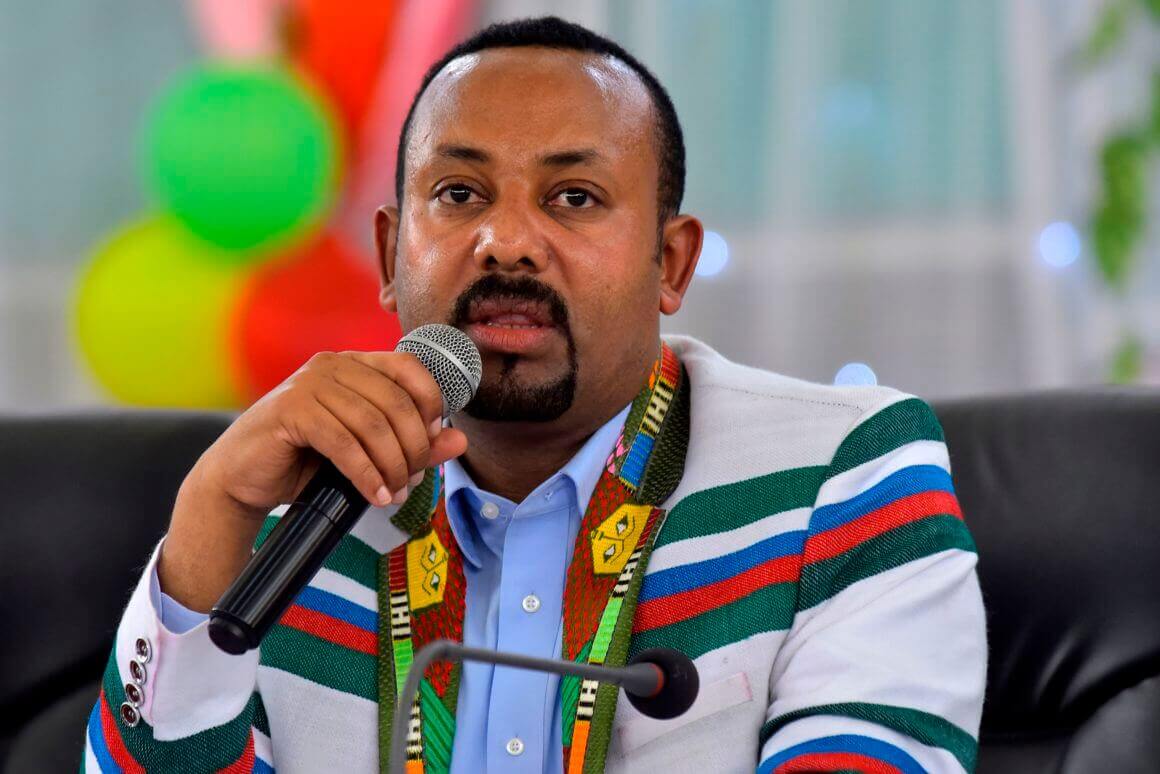Two days after militant group OLF-Shane killed 32 people and set fire to over 20 houses in western Ethiopia, Prime Minister Abiy Ahmed has launched a full-scale military offensive against the Tigray’s People Liberation Front (TPLF), who the government has held responsible for the attack.
OLF-Shane is an offshoot of the Oromo Liberation Front, and receives significant support from the TPLF political party. Although the TPLF has denied its involvement in the recent attack, PM Ahmed has accused the group of providing arms, training, and logistical support to OLF-Shane.
Over 60 armed militants targeted the Amharas, the country’s second-biggest ethnic group, in the West Wollega Zone of the Oromia region; Amnesty International estimates that the true death toll is at least 54 people. OLF-Shane purports to fight for the rights of Oromos, Ethiopia's largest ethnic group. The attack was closely coordinated to take place at the same time that the country’s “federal soldiers” had withdrawn from the area, according to the Ethiopian Human Rights Commission (EHRC).
In response, PM Ahmed has authorized a military offensive against the TPLF in the Tigray state in north-east Ethiopia, claiming that the group has “rob[bed] the Northern Command of artillery and military equipment”. He warned, “The government tried to avoid war, but war can’t be avoided by one side.”
This follows recent attacks by the TPLF on the towns of Mekele and Dansha in the Tigray region. In fact, it is possible that the operation against the group is not linked to the recent OLF-Shane attack, as tensions between from TPLF and the government have been fraying for some time now. Last month, the parliament voted to “sever any kind of relationship with the Tigray region state assembly and the region’s highest executive body”. It is no coincidence that the Tigray region’s ruling party is also the TPLF. Moreover, the PM’s office put out a statement that the government has been concerned about “continued provocation and incitement for violence by TPLF” for months now.
Alongside the military operation, the Council of Ministers has also declared a six-month state of emergency in the Tigray Regional State due to threats to the “constitutional order, public peace and security”.
The TPLF, for its part, has rejected any form of negotiations with the federal government, arguing that the current administration has “neither the capabilities nor the legitimacy to lead such a dialogue”. This disdain for the federal government was apparent in August, when the country postponed the national election due to the coronavirus pandemic but Tigrayan authorities held local elections in opposition of this ruling.
The recent attack in the West Wollega Zone thus appears to have been a tipping point, and has drawn anger from local politicians as well. For example, Oromia State President Shimelis Abdisa said, “These two thugs do not have the power to break up Ethiopia and they would soon be made to pay a big price for this vicious crime against humanity.”
It also appears to represent somewhat of a seismic shift in Ethiopian politics. Before PM Ahmed came to power two years ago, the TPLF essentially dominated Ethiopian politics for close to three decades.
At the same time, it also illustrates the state of instability in the country, which has been hit with multiple attacks over the past few months. Last week, clashes between the states of Somali and Afar led to 27 deaths; in October, 12 people were killed in the Metakal zone of Benishangul-Gumuz region; and in September, 45 people were killed in the same area.
The latest attack and the ensuing government response could widen divisions along ethnic lines, leading to armed conflict between the country’s Oromo and Ahmara ethnic groups.
Ethiopian PM Launches Full-Scale Military Offensive Against TPLF in Tigray
The TPLF political party is accused of providing arms, training, and logistical support to militant groups in the Tigray region.
November 5, 2020

IMAGE SOURCE: MICHAEL TEWELDE / AFP VIA GETTY IMAGESEthiopian Prime Minister Abiy Ahmed
